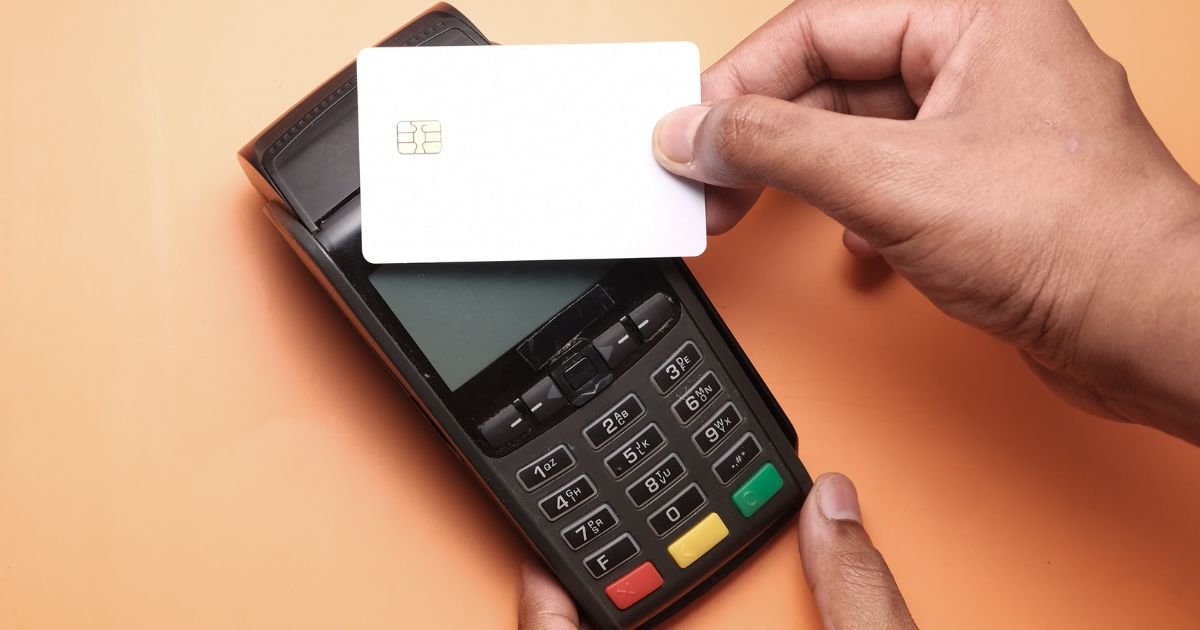Razorpay Payment Gateway Charges? Payment gateway charges are the fees incurred for enabling online payments through the payment gateway (e.g., Razorpay) on a website or app. Razorpay, a leading online payment gateway in India, offers a simple and flexible pricing model.
The standard charges for the use of their services are 2% per transaction for Indian credit cards, debit cards, net banking, UPI, Razorpay payment gateway charges, and wallets like PayZapp and Freecharge. For Diners and American Express Cards, the fee is 3% per transaction. However, these charges exclude GST, which is an additional levy.
It’s important to note that Razorpay also imposes a nominal fee for refunds and chargebacks. While these charges are competitive, it’s crucial to consider them while evaluating the cost-effectiveness of integrating Razorpay into your business operations.
Introduction
The aim of this document is to offer a comprehensive understanding of the charges associated with using Razorpay as a payment gateway.
We delve into the specifics of the standard transaction fees, Razorpayy payment gateway charges
as well as the costs for certain types of cards, GST implications, and extra charges for refunds and chargebacks.
In doing so, we hope to provide a clear picture of how these fees could impact your business operations, enabling you to make an informed decision about whether Razorpay is the right solution for your payment processing needs.

The Role of Payment Gateways in Online Transactions
Payment gateways serve as essential intermediaries in the world of online transactions.
When a customer makes a purchase, the Razorpay payment gateway charges their credit or debit card information needs to travel from the merchant’s website or mobile app to the bank for approval and back again.
This journey is facilitated by the payment gateway. It encrypts sensitive data, ensuring a secure transaction environment.
It also communicates with the bank and procures the necessary transaction authorization.
Thus, a payment gateway simplifies and secures the process of online transactions, while also ensuring a smooth user experience.
Payment Gateway Defined
Defining what a payment gateway is and how it acts as a bridge between businesses and financial institutions.
Importance of Payment Gateways
Detailing why payment gateways are crucial for seamless and secure online transactions.

Understanding Razorpay as a Payment Gateway
Providing an overview of Razorpay as a popular payment gateway in India.
Introduction to Razorpay
Introducing Razorpay and its features as a payment gateway.
Advantages of Razorpay
Detailing the advantages and benefits of using Razorpay for payment processing.
Types of Razorpay Payment Gateway Charges
Explaining the various charges associated with using Razorpay as a payment gateway.
Setup Fee
Discussing any one-time setup fee that businesses might need to pay to use Razorpay.
Transaction Fee
Detailing the transaction fees charged for each transaction processed through Razorpay.
Currency Conversion Fee
Explaining any additional charges levied for transactions involving currency conversion.
Chargeback Fee
Discussing the fee associated with chargebacks, where a customer disputes a transaction.
GST or Tax Charges
Detailing how GST (Goods and Services Tax) or other applicable taxes are applied to the transaction fees.

Factors Affecting Razorpay Payment Gateway Charges
Discussing the factors that influence the charges imposed by Razorpay.
Transaction Volume
Explaining how the number of transactions processed can affect the overall transaction costs.
Transaction Value
Discussing how the value of individual transactions can influence the charges.
Business Type and Industry
Detailing how the industry a business operates in can affect the charges due to varying risk levels.
Strategies to Manage and Optimize Razorpay Payment Gateway Charges
Providing tips and strategies for businesses to effectively manage and optimize their payment processing costs.
Choose the Right Plan
Guiding businesses on how to choose the appropriate plan based on their transaction volume and needs.
Optimize Transactions
Suggesting ways to optimize transactions to reduce costs, such as consolidating smaller transactions.
Negotiate Fees
Encouraging businesses to negotiate transaction fees with Razorpay based on their transaction volume and value.
Transparency and Communication
Emphasizing the importance of clear communication and transparency between businesses and Razorpay regarding charges.
Understanding Terms and Conditions
Encouraging businesses to thoroughly understand the terms and conditions related to charges.
Open Communication
Highlighting the significance of open communication with Razorpay regarding any concerns or clarifications on charges.
Comparing Razorpay with Other Payment Gateways
Comparing Razorpay’s charges with other popular payment gateways provides perspective.
Transaction Fees Comparison
Comparing transaction fees of Razorpay with other payment gateways in the market.
Additional Charges Comparison
Comparing additional charges like setup fees, currency conversion fees, etc., with other payment gateways.
Case Studies and User Experiences
Sharing case studies and user experiences related to using the Razorpay payment gateway and managing associated charges.
Success Stories
Presenting success stories where businesses effectively managed their payment gateway charges using Razorpay.
Challenges and Solutions
Detailing challenges faced by businesses regarding charges and how they were addressed.
Lessons Learned
In this section, we will share some of the key takeaways and lessons learned from businesses that have successfully managed their payment gateway charges using Razorpay.
This could serve as a guiding light for other businesses in navigating their journey with payment gateways.
Conclusion
In conclusion, navigating the world of payment gateways, especially in regards to understanding and managing charges, can be a complex process. However, with a clear understanding of the terms and conditions, Razorpay payment gateway charges open communication with the payment gateway provider, and learning from the experiences of others, businesses can successfully manage their costs. Razorpay, with its transparent charges and customer-centric approach, emerges as a reliable and efficient solution amidst various payment gateways. Nonetheless, it is crucial for businesses to continuously compare and assess their options to ensure they’re receiving the best value for their investment.
FAQs
Does Razorpay charge a fee?
Yes, Razorpay does levy a nominal fee for its services, which is industry-standard and highly competitive. These charges typically include a fixed percentage plus a fixed per-transaction amount. The fees may vary based on the type of transaction, Razorpay payment gateway charges such as domestic or international, and the payment method used, such as credit card, debit card, or internet banking. It’s always advisable to review the detailed fee structure provided by Razorpay for clarity.
What is the charge of the Razorpay payment gateway?
Razorpay’s charging structure for its payment gateway varies based on several factors. They typically levy a standard rate per transaction, often in the range of 2% to 3%. The specific rates, however, depend on the nature of your business, transaction volume, and negotiation with the service provider. For accurate and updated details, it’s recommended to visit the Razorpay website or get in touch with their customer support.
Is Razorpay available in Pakistan?
Razorpay, as of the current information available, primarily operates in India and does not list Pakistan as a supported country on its official website. Businesses based in Pakistan are suggested to consider alternative payment gateways that serve their region. Always ensure to check up-to-date information from the provider’s official source.

